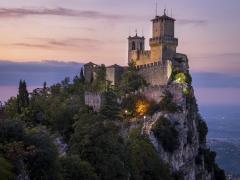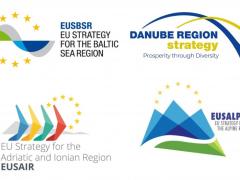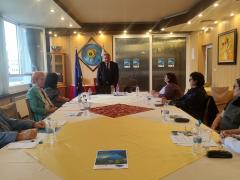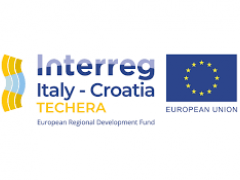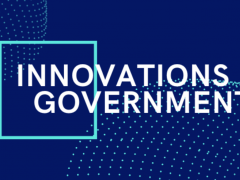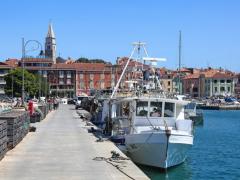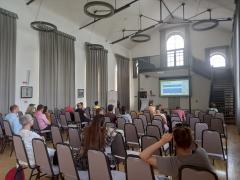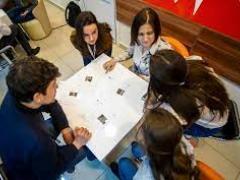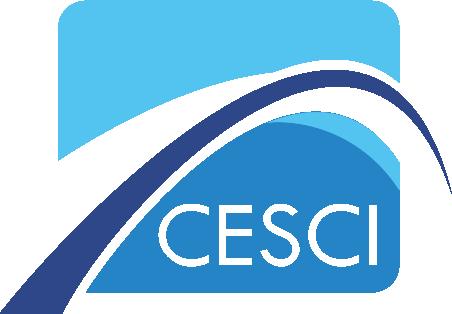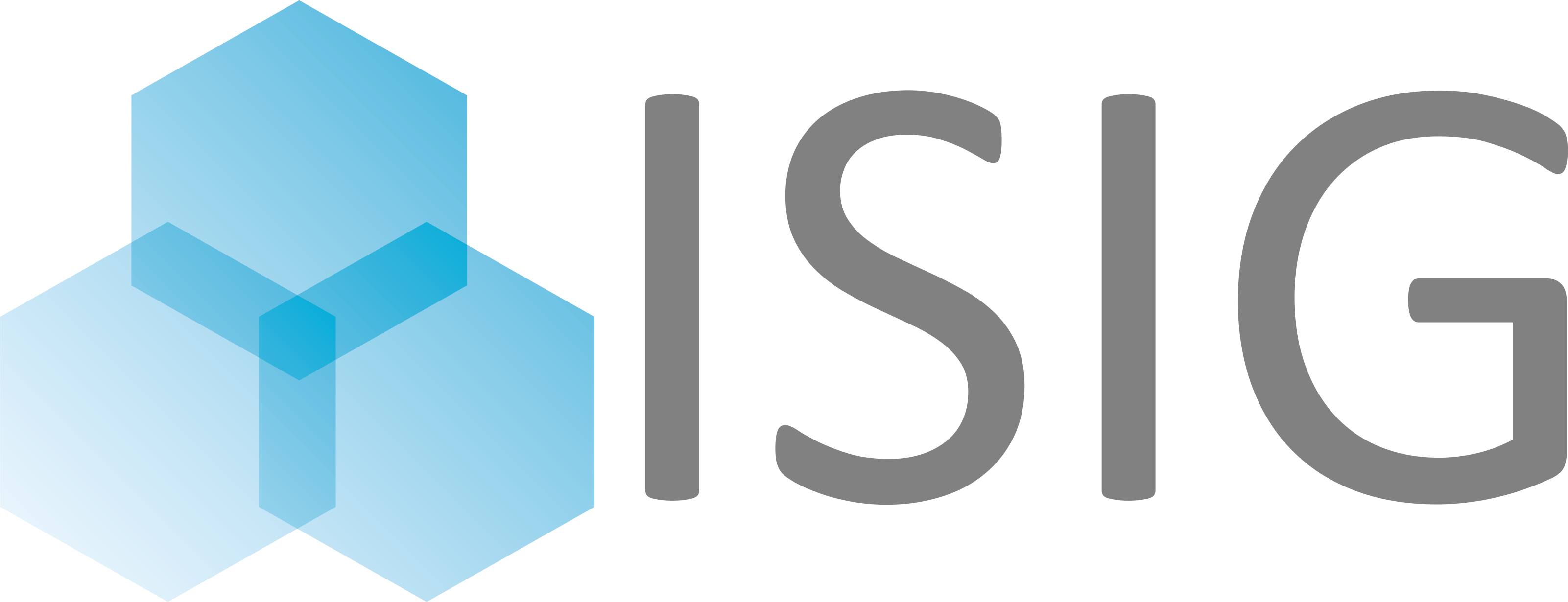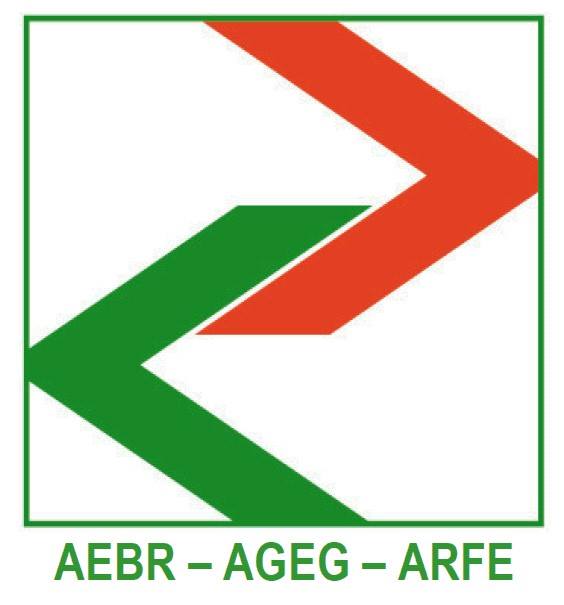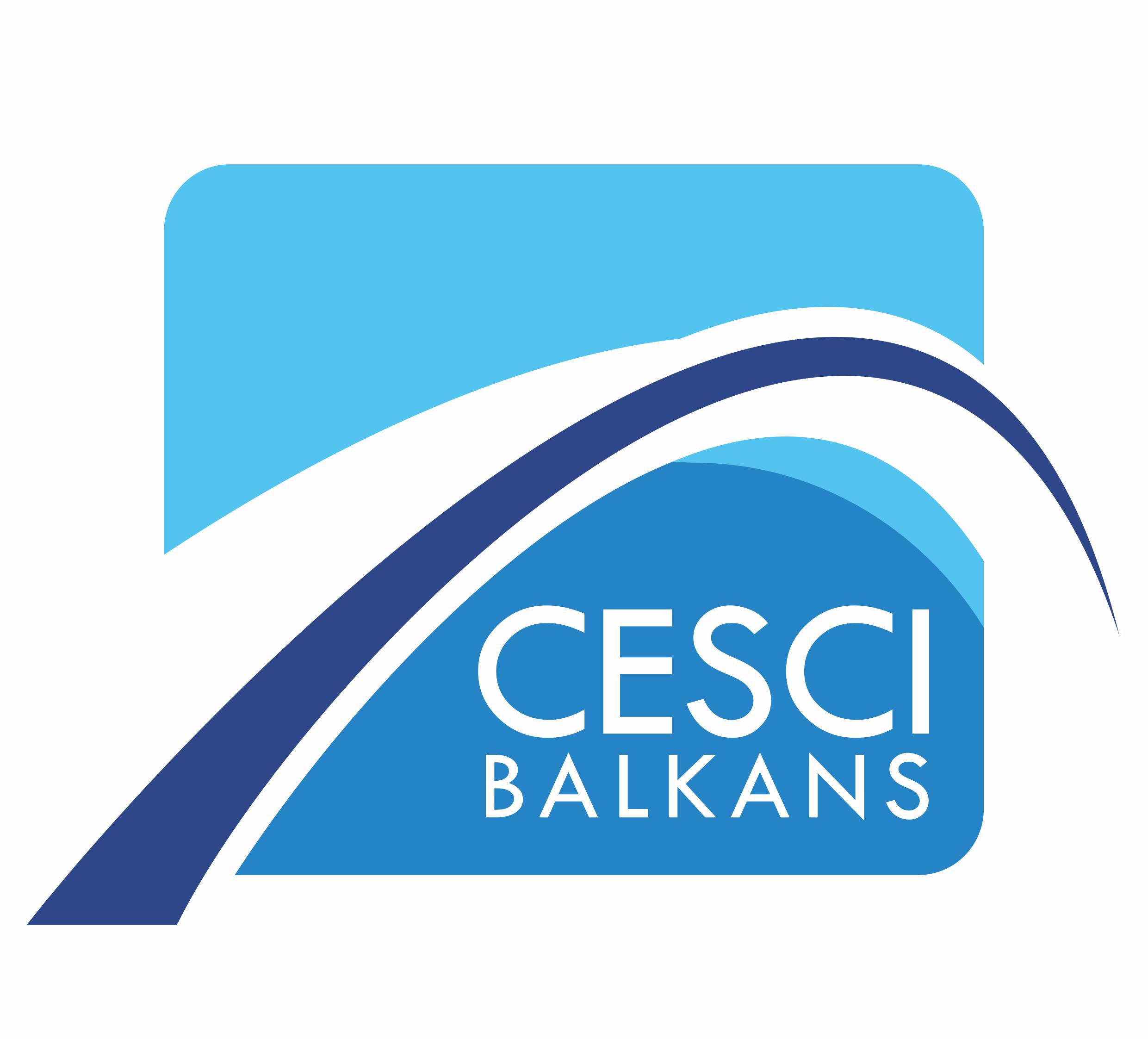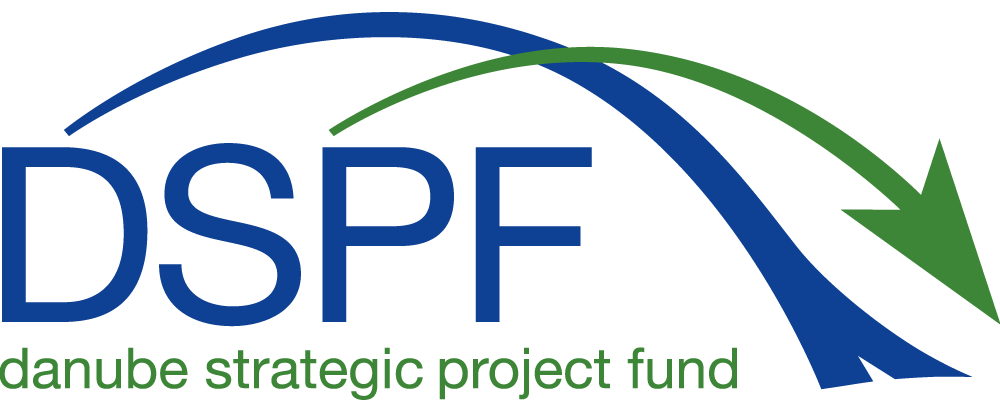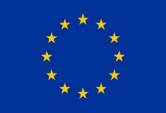The EUSAIR family (EU Strategy for the Adriatic-Ionian Region) has been expanded to San Marino, strengthening regional cooperation and broadening policy dialogue, with an expected result of a more integrated Adriatic-Ionian macro-region.
News
News
EU macro-regional strategies (“MRS”) are political frameworks addressing common challenges and opportunities, initiated by EU and non-EU countries located in a defined geographical area. The report of the European Commission on the implementation of EU macro-regional strategies is available now.
The first workshop for pilot testing of the education materials in Sofia, Bulgaria.
The project TECHERA will be in Bari on 6th and 7th of October at the Adriatic Sea Forum 2022 with the purpose to introduce the latest development and meet relevant stakeholders of blue economy and nautical sector.
The call brings global visibility to innovation initiatives, while many innovations will be featured also in high-profile OECD reports and events. Deadline for submission: 30 September 2022.
The Mediterranean Coast and Macroregional Strategies Week 2022 has just started in Izola, Slovenia. This year the Week is being held under the motto "Healthy sea for a safer future".
An international conference entitled “Regional branding and network building of cultural economy and tourism”, aiming to get acquainted with Danube-connected, local good practices first hand.
Call for proposals for cross-border investigative journalism projects in the European Union and EU candidate countries, including Moldova and Ukraine.
2022 is the European Year of Youth, putting a spotlight on young Europeans and their important role in our society.
Commission proposes a new Council Recommendation on the mobility of young volunteers across the European Union.

